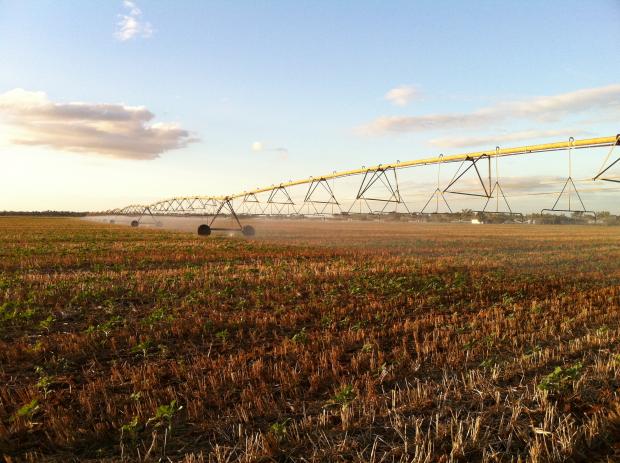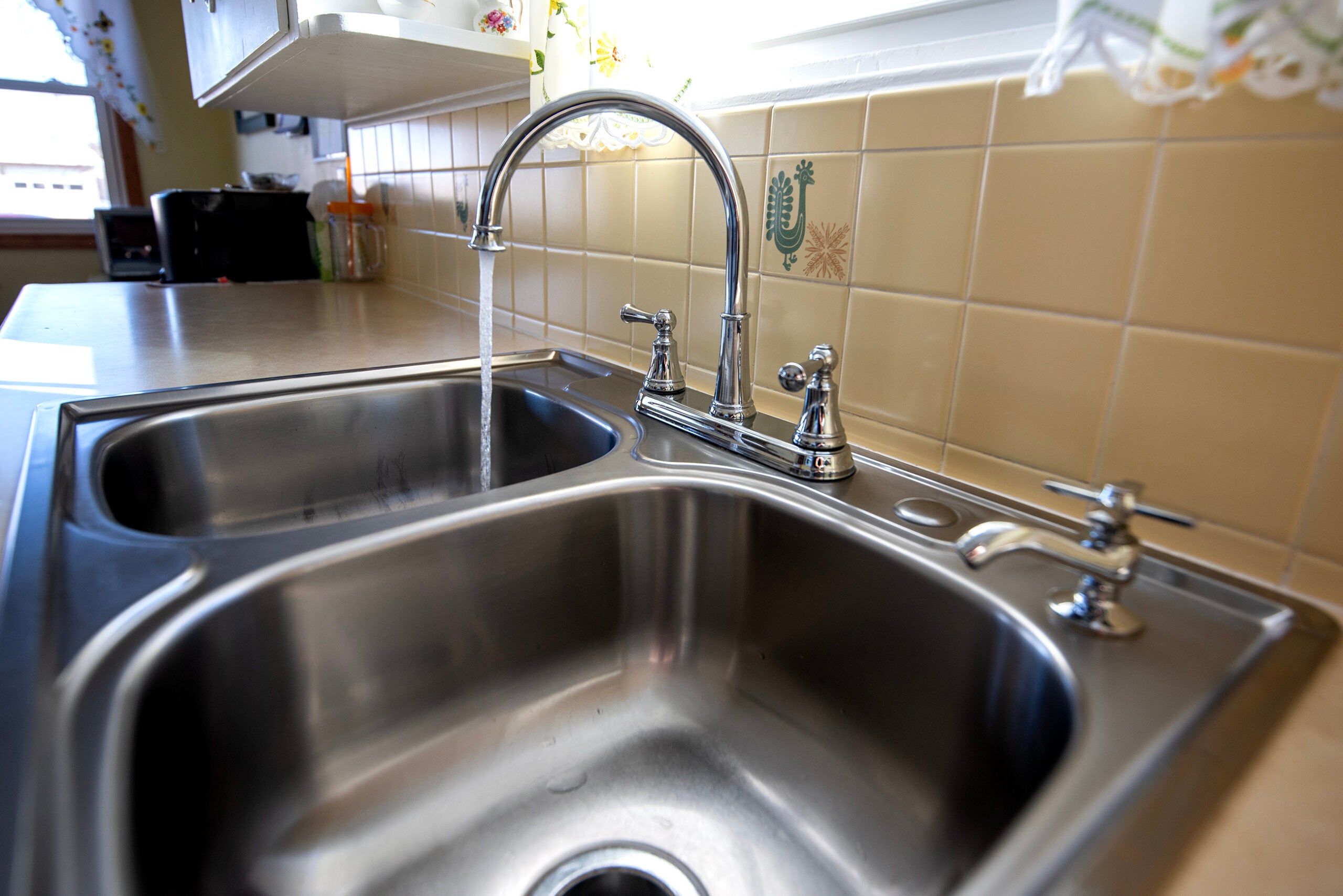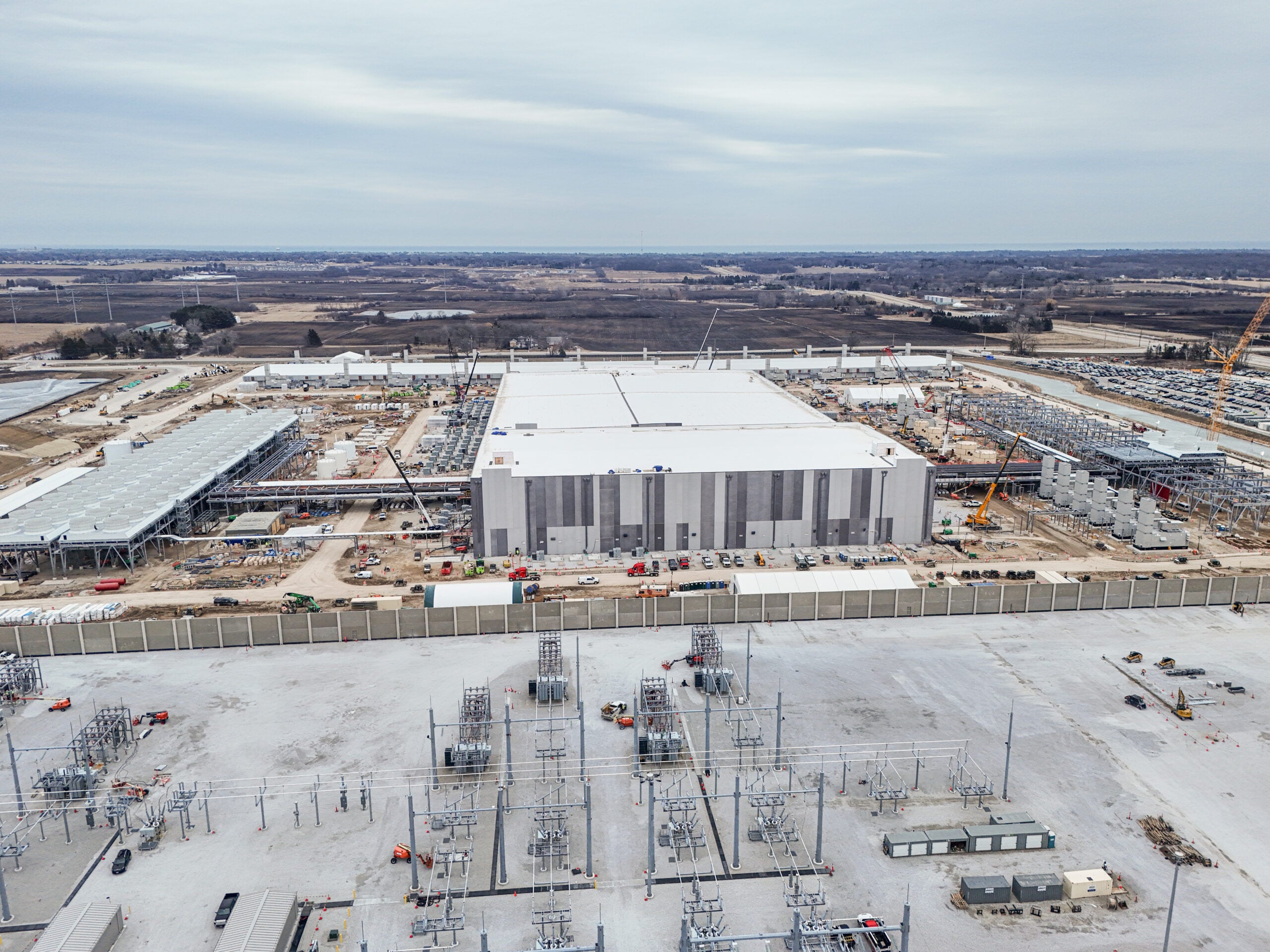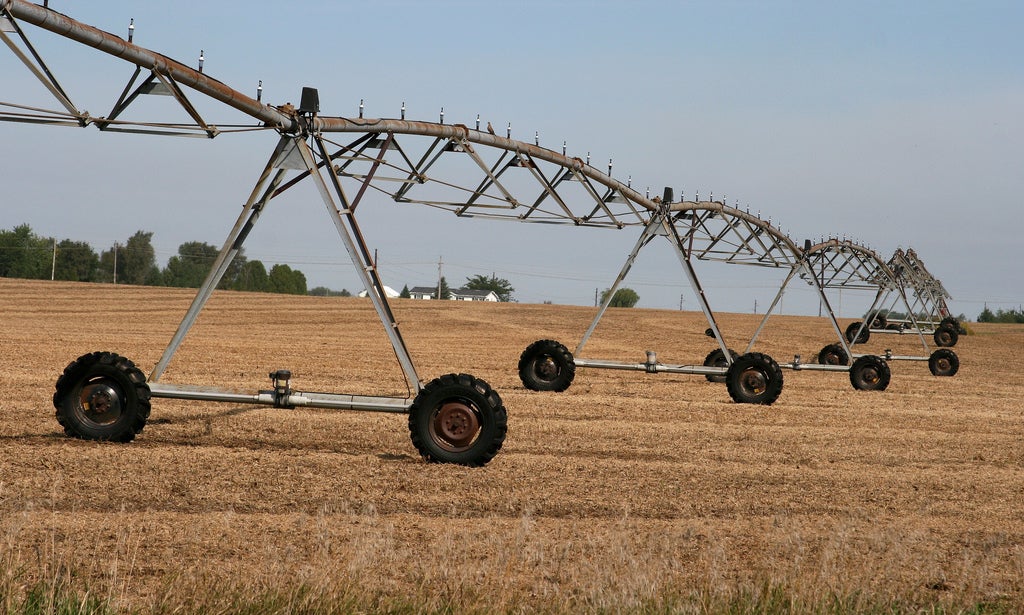A key Republican lawmaker says a sweeping bill to regulate high-capacity wells in Wisconsin won’t pass this year.
Nekoosa Republican Rep. Scott Krug represents Wisconsin’s Central Sands region, where vegetable farmers rely heavily on high-capacity wells and some lakes and streams are drying up. For the past two sessions, he’s tried to pass a bill that he says would increase regulatation for sensitive areas of the state when it comes to high-capacity wells, while reducing regulations elsewhere.
But with just a week to go before the Assembly adjourns for the year, Krug said his bill is dead.
News with a little more humanity
WPR’s “Wisconsin Today” newsletter keeps you connected to the state you love without feeling overwhelmed. No paywall. No agenda. No corporate filter.
“Another month, I think we could have solidified this compromise between industry and environmental groups, and I think we’re still going to aim for that going into the next session,” he said.
While Krug’s bill was a work in progress, he had his work cut out for him getting everyone on board. Many business and environmental groups opposed the plan.
Meanwhile, industry groups are making a last-minute push for a separate measure that would let landowners keep their high-capacity wells in perpetuity without any new oversight from the state. Not only would the bill grandfather in old wells, it would let landowners build new high-capacity wells nearby without getting new permits.
Wisconsin Manufacturers and Commerce lobbyist Lucas Vebber said it’s about providing certainty for businesses.
“Are they going to make a $100 million investment in our state that needs a high-capacity well if they don’t have the ability and the certainty in statute that they need to know that they’ll be able repair and maintain that well as it’s going forward?” Vebber said.
But residents of Wisconsin’s Central Sands region, like Heidi Oberstadt of Stevens Point, worry the bill will only exacerbate troubles there with drying water bodies.
“To be completely honest, this bill worries me,” she said. “Where is the science?”
The plan faces an uphill battle with the Assembly looking to wrap up their work as soon as possible.
Wisconsin Public Radio, © Copyright 2025, Board of Regents of the University of Wisconsin System and Wisconsin Educational Communications Board.







